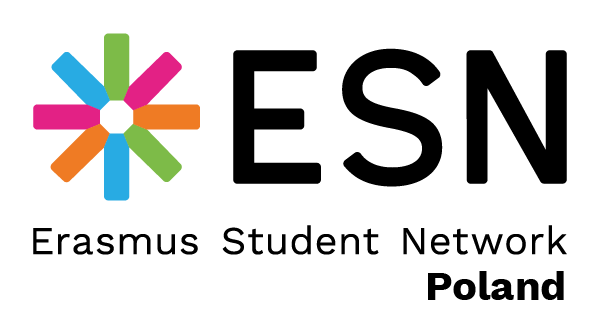It’s not only a case of being a person with a disability. What also counts, is your attitude. The eagerness, endurance, patience.
-Tomasz Olender
Saying that going abroad is out of your reach because of your disadvantage, has already become a myth. What do international students really face up when they are on an exchange?

A Lesson That Won’t Let You Down
Erasmus+ changes your life forever… That phrase can sound familiar as there are as many opportunities to hear it as the number of students choosing their mobility destinations.
It might be simple and obvious, yet the possibility to have a chat and integrate with the local students is something international students crave for during the mobility. They look for multiple ways to get on well with new people to feel safer and experience new cultures.
One of the tips you should follow?
You learn from your own mistakes. This is how you grow.
You polish not only the foreign language, but also by being alone in another country, you gain a chance to get to know yourself anew, Erasmus+ gives you many possibilities to do so and each of them teaches you something. Thanks to it, I have changed, too. I have new friends and a second home – Tomasz Olender, a participant of ESC in Pianezza, Italy.
Squeeze it Up
However horrifying it sounds, many students go abroad without the knowledge of the language spoken in the chosen country. All the countries that are a part of Erasmus+ programme offer international language courses for free. It's a much more efficient way to acquire the foreign language from natives, at its source, than spend many hours learning it on your own from books. But have you ever thought about people who communicate with sign language? It’s the same case, every country has its own grammar rules and vocabulary, and there are courses available, too.
I went abroad without the knowledge of Italian phonetics and Italian sign language. Although all the courses were held in Italian, there are advantages and disadvantages of such a solution. (…) The most crucial is to have help and support from your coordinator, and to make some new friends – says Tomasz about his voluntary service in Italy.
Paulina Lewandowska shares her experience earned in Preston (Great Britain), where as a person with hearing loss, she used sign language to communicate.
The character of a person means a lot. At the beginning it was difficult for me because I had to “learn” how to recognise the accents of other people, but it became easier later. When it comes to getting used to a new environment, I didn’t have problems with that at all.
Youth in Action
Young people with fewer opportunities who go for an international exchange prove that the sky's the limit. They are involved in projects and initiatives undertaken all around Europe. They lead the way in finding solutions for difficult problems and are important actors in shaping an inclusive society.
The article was written within the colaboration with Culture without Barrier Foundation and SUITA Association!
Author: Paulina Bednarek (PR Committee ESN Poland)
